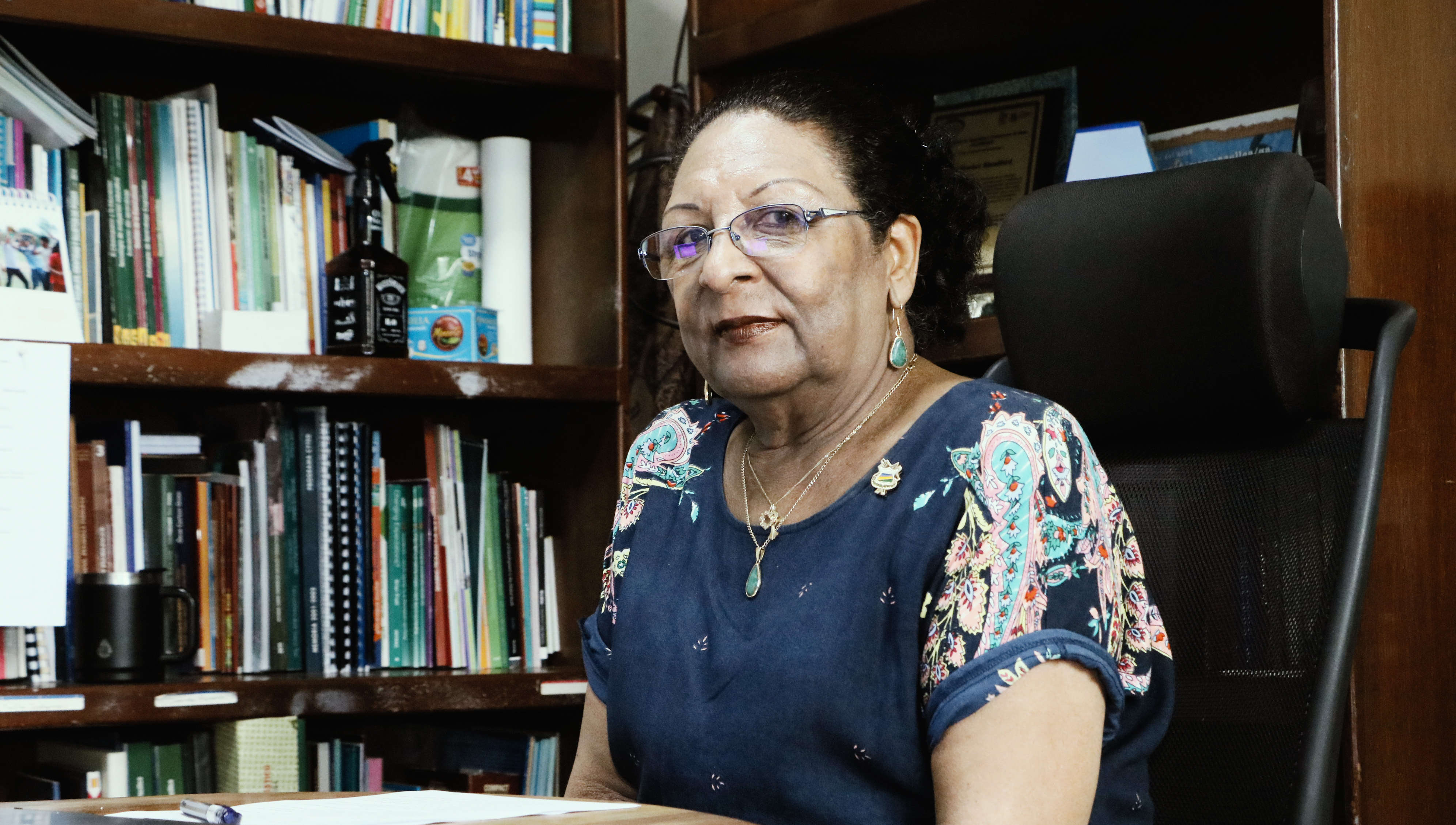
This educational program will serve as a space for reflection, analysis and construction of knowledge.
This afternoon, URACCAN's excellent rector, Dr. Alta Hooker, gave an inspiring virtual welcome to all students of the "Diploma in Land Governance and Natural Resources in Indigenous Territories of Central America", which will officially begin on July 30.
Dr. Hooker's emotional opening words reached the hearts of 50 young people, leaders and indigenous leaders, who have since embarked on this academic experience of reflection, analysis, concertation and knowledge-building to promote the autonomy of the communities they represent.
Of the 50 students, 27 are women and 23 are men, and they come from countries such as Guatemala, Honduras, El Salvador, Panama, Costa Rica and Nicaragua. All the diploma will develop in a virtual way, given the situation in health. Hence, Dr. Hooker has ensured that this educational programme "is part of a historic moment when peoples are called to make greater use of virturality" and from that space build collective proposals, based on traditional models of governance.
The diploma inaugurated by the commendable rector of URACCAN is an area of exchange of life experiences, from the very voices of her students, who will move towards the construction of intercultural and gender citizenships.
In this sense, Dr. Hooker defines this program as a "tool of work and reflection, which allows to make a political reading of her own reality, of the reality of her peoples, in order to respond to the defense of their rights and autonomy".
With these inspiring words, URACCAN opened one more training space at the Central American level, in order to expand knowledge, attitudes and practices in processes involving indigenous and Afro-descendant youth and women; as well as analyzing various legal instruments related to indigenous peoples, linked to United Nations systems and other international human rights instruments in our isthmus.
This diploma represents a "great opportunity to design and build teaching tools, to protect our ecosystems; and different models of governance, planning and indigenous economies," Rector Hooker concluded, recalling that "Peoples are co-responsible for ensuring the life of nature in the territories where we are."
- Log in to post comments
- 235 views
